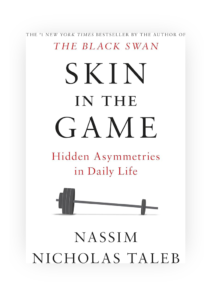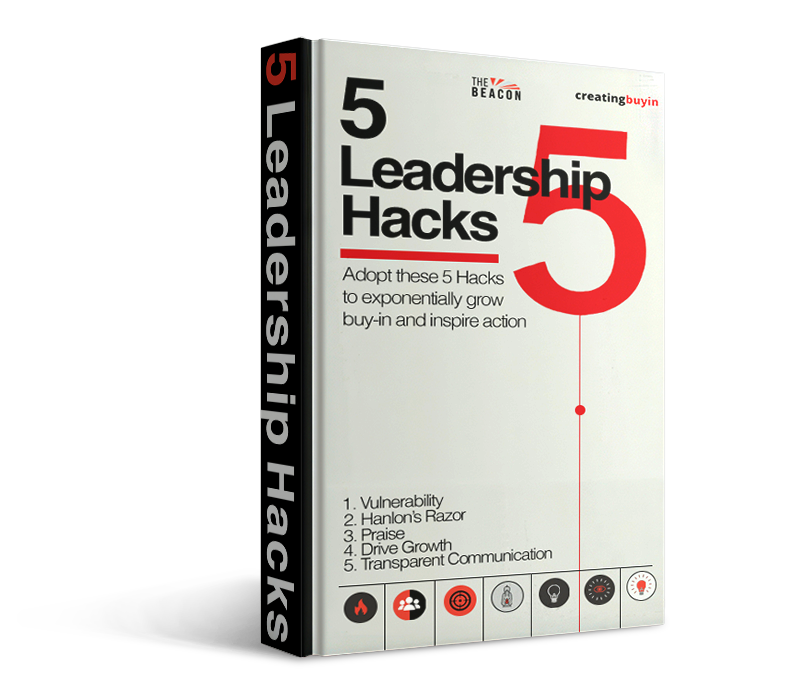The Weight of Loss

“What matters isn’t what a person has or doesn’t have; it is what he or she is afraid of losing”
Did you know that in Babylonian times, if you were an architect, and the structure you built collapsed killing its residents, you would be put to death? I’m not saying we should enact Hammurabi’s code here, but it wasn’t a bad way to ensure the quality of your city’s structures.
Or how about this example: Who in this scenario has to ensure a quality job? A banker who sells stock for companies he has no personal investments in? Or a pilot flying passengers across the Atlantic? Obviously the pilot, but why? Because he has inherent risk attached to the delivery of the quality of his product. If you think about it, there really aren’t any bad pilots because their survival is directly tied to the quality of the job they do. Pilots that are alive anyway…
“How much you truly ‘believe’ in something can be manifested only through what you are willing to risk for it”
 This quote from Nassim Taleb’s book “Skin in the Game”, where he discusses the asymmetries/symmetries of the world and their impact on society, should be an eye opener for how important risk is in the quality of what someone does. When making decisions, how much do you have riding on it? The more you have to risk, the more you’re going to make sure the job is done right, no?
This quote from Nassim Taleb’s book “Skin in the Game”, where he discusses the asymmetries/symmetries of the world and their impact on society, should be an eye opener for how important risk is in the quality of what someone does. When making decisions, how much do you have riding on it? The more you have to risk, the more you’re going to make sure the job is done right, no?
“Those that do not take risks should never be involved with making decisions”
Why is this an important concept for those in charge of people? For us to drive a group or an individual is it not important to know what is riding on it for them? Reputation? Pride? Survival? Sometimes it may even take a bit of coaching on our part to highlight what this could be for someone to help drive performance from an intrinsic place.
“Burn the Boats”
I’m sure we’ve all heard the concept of “burning the boats” where Hernan Cortez arrived on the shores of the “new world” and decided to burn his own ships as a signal to his men that there was no going back and conquest is the only option. This is a direct use of “Skin in the Game” where Cortez forced his men to look at their dire situation in a whole new light.
The same can also be seen in Sun Tsu’s “The Art of War” where he instructs a strategic use of Skin in the Game:
“Throw your soldiers into positions whence there is no escape, and they will prefer death to flight. If they will face death, there is nothing they may not achieve. Office
rs and men alike will put forth their uttermost strength. Soldiers in desperate straits lose the sense of fear. If there is no place of refuge, they will stand firm. If they are in the heart of a hostile country, they will show a stubborn front. If there is no help for it, they will fight hard. Thus, without waiting to be marshaled, the soldiers will be constantly on the alert, and without waiting to be asked, they will do your will; without restrictions, they will be faithful; without giving orders, they can be trusted. Prohibit the taking of omens, and do away with superstitious doubts. Then, until death itself comes, no calamity need be feared”
Or in being mindful of when too much offense can do the opposite as you’ll force someone else into a place where loss is not an option.
“When you surround an army, leave an outlet free. Do not press a desperate foe too hard”
Conclusion
In no way are we advocating for taking the team, putting their back against the wall and telling them to figure it out or they’re out. Instead, have an awareness of how much is riding on the group being successful. Or, would it not be smart to curate an environment or incentive structure that takes into account “Skin in the Game” in order to ensure high quality performance?


